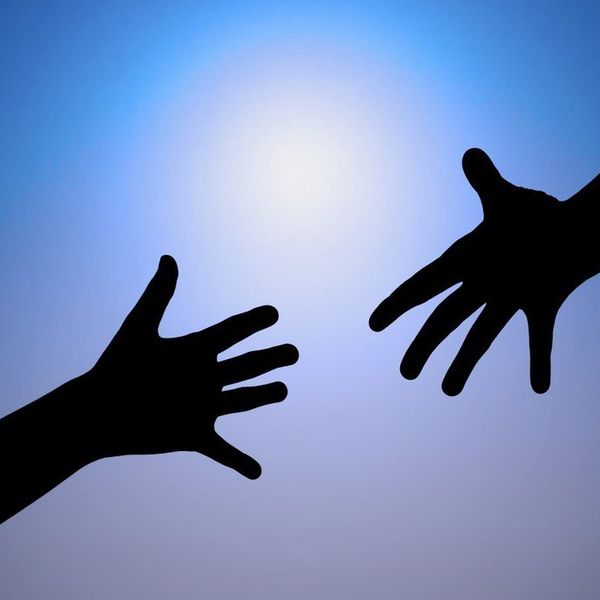“Don’t take medication, you’ll become addicted to it.”
“Don’t become dependent on medication. It’ll ruin your life.”
“You better be careful with those! They may be harmful.”
These are the constant remarks I hear because I take prescribed medication for my anxiety and depression.
I had always noticed that I was prone to worrying. Even as a little girl I would cry every time my parents would leave to go on business trips. It wasn’t the normal cry, though - the cry that so many children have when their mom’s leave the room. It was a cry because I couldn’t stop envisioning something horrific happening to my mom and dad and them not returning home to me. It was a cry that came from planning everything out in my mind incase something happened and the pain that came from possibly knowing I wouldn’t see them again. It wasn’t a normal, child-like cry. It was something much more.
Over the years, my anxiety progressed to homesickness in middle school, and once in high school, it hit an all time high. It was the fear of failing. The fear of not being the best in my class or my sports team. The fear of bombing a test that I had been studying days for. The fear of never rebounding if I made a bad grade or missed the goal. It was the fear of not having every single part of my future plan not play out the way I wanted it to.
This fear eventually turned into depression. Who knew, me of all people, the bubbly, excited, care-free girl, would suffer from depression? No one, except my family and close friends knew. You could say I mastered the pretending-like-everything-was-okay persona.
When the counseling wasn’t doing as well as I needed it to, I was prescribed medication to help my anxiety and depression. In the tenth grade, I was diagnosed with Generalized Anxiety Disorder (GAD) and with that came Escitalopram, or Lexapro.
I didn’t tell my friends that I was on medication because, for some reason, I was ashamed. I was afraid I would not be viewed as being independent or strong. Instead, I was worried that I would be viewed as sick, weak, or worse, an addict.
The public scrutinizes people who take medication for an illness that they believe can be self-healed. Yes, maybe some can overcome anxiety on their own, but I could not. I prayed endlessly for help and to me, this was God’s answer. He taught me that I could not always win some of my battles without help. Whether that be from friends, family, a therapist, or medication, I can not do everything alone.
No, I am not addicted to my medicine, and no, I am not dependent on my medicine. However, I would rather have my childlike happiness that is evident when I am on my medicine, than be depressed, anxious, and angry when I am not on it.
If you are on medicine for an disability, it does not mean you are any less of a person than your neighbor. It does not mean you cannot fight your own battles, nor does it mean that you do not have enough faith. It simply means that you need a little assistance and there is nothing wrong with that.
And yes, it is possible to be on a daily medication and not become addicted to it.





















